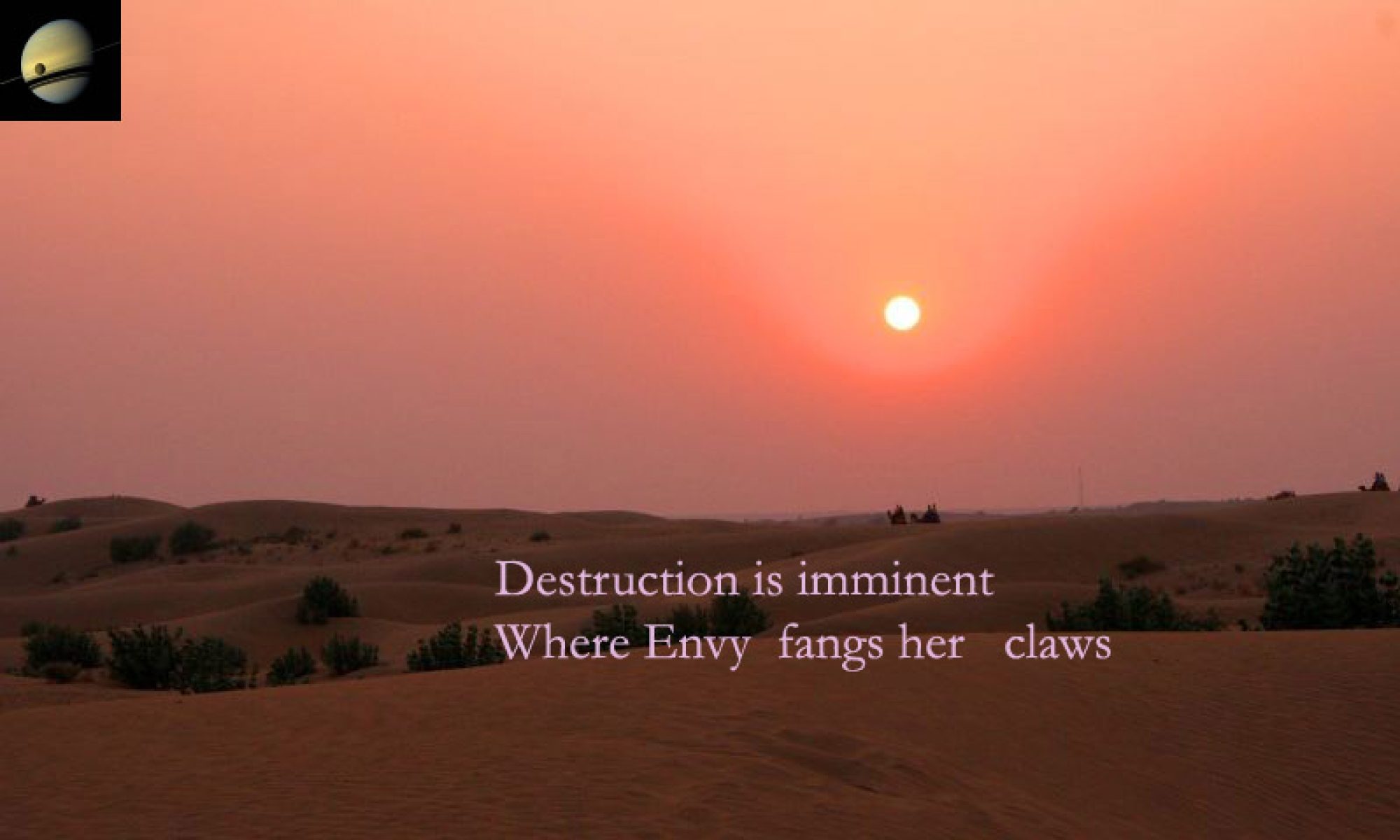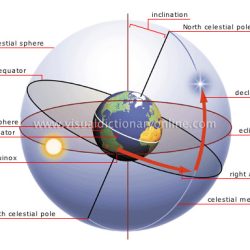Kabbalah is the Western Yoga. The Kabbalists discovered what the Yogis discovered, that we are puny parts of the great Whole, called by us as the Universe.
Albert Einstein once said: “A human being is part of the whole, called by us ‘universe’…He experiences himself, his thoughts and feelings as something separated from the rest—a kind of optical delusion of his consciousness…Our task must be to free ourselves from our prison by widening our circle of compassion to embrace all humanity and the whole of Nature in its beauty.”
Let us analyse the Globalisation of Economics and its effects !
The Consumer Effect
The globalization of economics means that any local market is inextricably tied to the global economy. The ongoing dollar decline, lately spurred by changes in China’s market, clearly demonstrates how interdependent the world’s markets have become.
We have to discover the right way to act within an interconnected system—and what’s a better example to study than Nature, the mother of perfect, integral systems?
They (Almost) Hit the Jackpot
Myron Scholes and Robert Merton had everything scientists could ever wish for: a Nobel Prize in Economics, tenured professorships at the world’s most prestigious universities and fame. But all of this waned when an opportunity presented itself in the mid-nineties. A well-known veteran broker dared the pair to put their genius into practice and make lots of money.
Scholes and Merton were certain that playing the market was like rolling dice: you can easily measure the probability for each and every occurrence. Their foolproof plan was to accurately predict the market through statistical studies.
The two scientists gathered a group of distinguished math and economy professors. Then, along with their ambitious broker, they established a private hedge fund (an investment fund that aims to profit under any market conditions). They called it Long-Term Capital Management or LTCM. The fund developed an investment policy based on mathematical models, established its headquarters in an upscale suburb near Wall Street, and business started rolling.
In four short years, the fund became the envy of every banker and trader on Wall Street. Veteran stock market sharks could not believe their eyes as the fund yielded an astounding 40% return a year with no losses or fluctuations. It seemed that the scientists had discovered a magic formula, identifying patterns in a world of unpredictability. In other words, they had found a way to make a whole lot of money.
Even the ever-skeptical investment bankers were impressed by the group. In fact, they were so impressed that they offered to leverage the fund with a credit of $100 billion without even asking for the usual guarantees. The fund got financially linked to every bank on Wall Street and set up an intricate chain of connections where every link affected the entire chain.
LTCM seemed invincible until one fateful night in September of ’98, when the bubble suddenly burst. The disaster began with a seemingly innocuous event—the devaluation of the Thai baht. This triggered a sell-off across Asian and Eastern Europe markets, and the snowball just kept rolling until it eventually reached LTCM. The fund suffered total collapse, causing unprecedented distress to economic systems worldwide.
It seemed that the market was swiftly heading for the point of no return. In a dramatic step, Alan Greenspan, the legendary U.S. Federal Reserve Chairman, convened the heads of every large bank of Wall Street and Europe for an emergency closed-door meeting. Finally, only the economists’ prayers and a very costly decision to rescue LTCM, managed to save the world from a deep economic crisis.
Collapse is Contagious
The current dollar decline is reminiscent of the situation that led to the collapse of LTCM. Although the dollar’s been on a downward spiral for quite some time, the most dramatic fall in its value was spurred by a change in China’s policy. China, pragmatically concerned with its own economy, started shifting away from the dollar currency and diversifying its investments. As the echoes of this decision reverberated throughout the world, countries like Saudi Arabia, South Korea, Venezuela, Sudan, Iran and Russia began considering a shift away from the dollar in order to safeguard their assets.
A similar trend unfolded during the recent Sub-Prime Mortgage crisis (a mortgage given to risky borrowers) that begun in the U.S. and spread throughout the world. The effects of this fiasco are far from over. The meltdown has affected stock markets, banks, hedge funds and companies the world over. The biggest shock waves were felt in Europe, Asia, Canada and Australia. The crisis also affected many corporations, manufacturers, marketing companies and even hi tech firms.
Over and over, the sense of a global economic crisis resurfaces. All the attempts to predict economic trends have proved futile. Today, the million dollar question is: How do we establish a truly viable and stable economic system?
The Systems Between Us
The answer, says the wisdom of Kabbalah, is actually quite simple. Best of all, you do not have to be a brilliant economist to figure it out. However, you do have to realize that we and everything we do, including economics, has to follow the laws of the universal system we call Nature.
Kabbalists explain that Nature’s overarching plan is to bring all of its parts, including us, into perfect unity. In the framework of human society, this unity means that the work of every single individual benefits the whole.
The best example of such behavior are the cells of a living body: they are interconnected and give to each other in order to benefit the body as a whole. In this perfect system, the body provides a cell with everything it needs and the cell is fully dedicated to ensuring the body’s well-being. In his article, “Building the Future Society,” Kabbalist Baal HaSulam writes that “…each member is obligated by Nature to receive his or her needs from society, and also to benefit society by his or her work.”
The artificial systems we have established in human society stand in complete contrast to Nature’s plan. At the core of human behavior stands the ego, which puts these systems into motion. Our egos prefer constricted, personal interest over the benefit of the whole and advocate the pursuit of wealth, honor and control, even (or especially) at the expense of others.
All this bears a direct relation to economics. In our ego-based economic system, self-interests of capital and shareholders are the companies’ top priority. Even when companies contributes to the community, one cannot help wondering whether such an act is not in fact, a basic desire to glorify its name in the media for more publicity and a burnished reputation.
Globalization + Ego = Dead End
After thousands of years of egoistic development, we finally find ourselves in a tight corner: the more we try to profit from each other, the more we discover our connection to each other, much like the cells of a living body described above.
LTCM’s collapse a decade ago, the recent credit crisis, and the current dollar decline demonstrate just how interconnected our systems are. The smallest fluctuation in a local market can put the entire global market in turbulence.
But what’s more is that every action we make as consumers affects a whole gamut of other systems. Just like the “Butterfly Effect” metaphor for the mathematical chaos, “The Consumer Effect” works the same way.
When Rebecca from Philadelphia goes shopping at her neighborhood mall, she significantly affects the lives of many people around the world. The products she purchases may determine whether a factory will continue to operate, whether a family will have to relocate, and whether a child will be saved from starvation. When Dan from Charlottesville flips through the TV channels at home, he affects the entire advertising market. One click of the remote control can affect the jobs and lives of thousands of people.
Globalization has made our world so fragile that the smallest crack can cause it to shatter. Local events like the mortgage crisis in the U.S., a natural disaster, a terrorist attack, and military tension in the Persian Gulf directly affect prices of international merchandise and threaten global economic stability.
The Way Out
“And the wonder about it is that Nature, like a proficient judge, punishes us according to our development, for our eyes can see, that the more humanity develops, the greater are the pain and suffering of attaining our keep and sustenance.”
Baal HaSulam, “The Peace”
The wisdom of Kabbalah gives us a much broader perspective on our situation. It explains that we are like children in this sandbox called Earth. And Nature is developing us gradually, much like a parent who teaches his children: the more we grow up, the more we are expected to play nicely.
Kabbalah explains that humanity is going through two parallel processes. On the one hand, Nature is pushing us to unite and work as one body. On the other hand, humanity’s egoism is steadily growing, and the fact that these two processes are happening simultaneously is not a coincidence.
One way or another, humanity will have to invert its egoism and work as one body. But instead of having Nature push to make this change, Kabbalists suggest that we take control over the process and master it ourselves.
Kabbalists explain that through educational systems we can raise people’s awareness that humanity is like a multi-celled body, and that we are all interconnected. By learning about the overall system of Nature and its principles, people will understand what changes to implement in our social systems in order to balance them with Nature.
By acting in accordance with Nature, we will prosper in every realm of our lives, including economics. Fortunately, we already have the science that explains Nature’s underlying plan. It’s called “the wisdom of Kabbalah.”
Sneak-a-Peek at the book Kabbalah Revealed
Article Source : http://www.kabtoday.com

